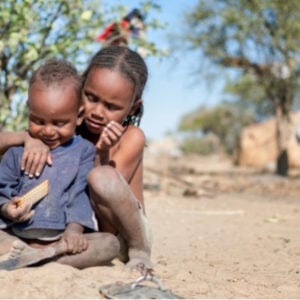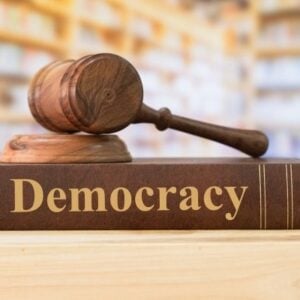The Commission on Human Rights in South Sudan issued a warning after concluding a mission to the African Union headquarters in Addis Ababa, highlighting the country’s escalating political crisis and violence. Since gaining independence in July 2011, South Sudan has faced recurring conflict, most notably the outbreak of deadly fighting in late 2013 between forces loyal to President Salva Kiir and opposition leader Riek Machar. Although a peace agreement and unity government were established, tensions resurged this year following the arrest of Machar, further stalling peace progress.
The Commission noted that South Sudan’s political leaders have deliberately hindered the peace process, despite a decade of mediation efforts by the AU and regional actors. Renewed armed clashes are occurring on a scale not seen since 2017, with civilians bearing the brunt of human rights violations and mass displacements. The Commission also highlighted a justice and accountability vacuum, which continues to fuel political intransigence, impunity, corruption, and ongoing conflict, with the diversion of public resources identified as a key driver of unrest.
Leadership failures were underscored by Barney Afako, who led the mission, emphasizing that the combination of political crisis, increasing fighting, and systemic corruption reflects a severe failure of governance. He warned that without immediate and coordinated regional engagement, South Sudan risks sliding back into full-scale conflict with dire human rights consequences for its population and the wider region.
The Commission stressed the urgent need to establish transitional justice mechanisms outlined in the peace agreement, including the Hybrid Court, which is crucial to deliver accountability for past crimes and strengthen justice institutions. Yasmin Sooka, Chair of the Commission, emphasized that promises to victims remain unmet and that justice is essential to South Sudan’s path toward stability.
Renewed clashes have forced roughly 300,000 people to flee the country this year, while regional neighbors host over 2.5 million South Sudanese refugees. Internally, approximately two million people are displaced, alongside 560,000 refugees from neighboring Sudan. The Commission warned that the mounting clashes and mass displacement demonstrate that South Sudan cannot rebuild without stability, justice, and credible mechanisms for accountability, calling on the AU and regional partners to act immediately.
Meanwhile, heavy rains and rising Nile River levels have caused widespread flooding, affecting nearly 890,000 people, up from 380,000 three weeks ago, mostly in Jonglei and Unity states. Nearly a third of those affected have been displaced, with homes, crops, schools, health facilities, and infrastructure heavily damaged. Humanitarian aid, including shelter, food, nutrition support, cash assistance, and flood control measures, is being provided, but access remains challenging in some areas.
The humanitarian situation is further strained by dwindling support, as the $1.7 billion plan to assist 5.4 million people this year is only 30 per cent funded. Above-average rainfall is expected across most of South Sudan, heightening the risk of further flooding and complicating relief efforts.







